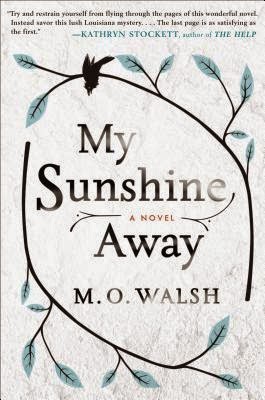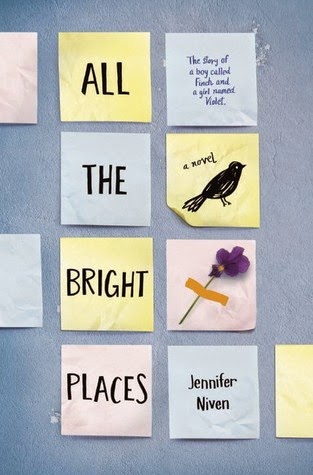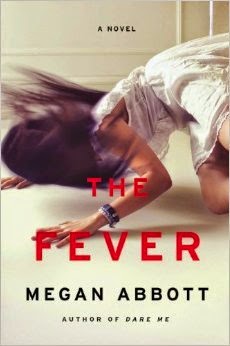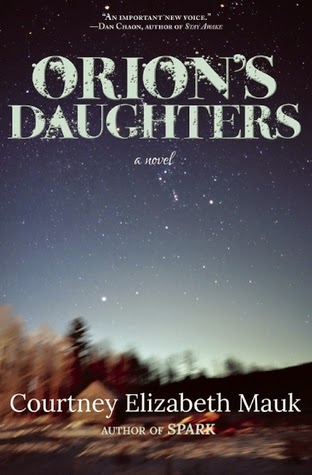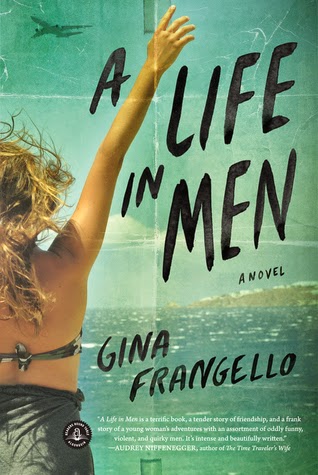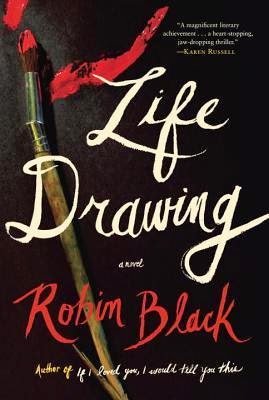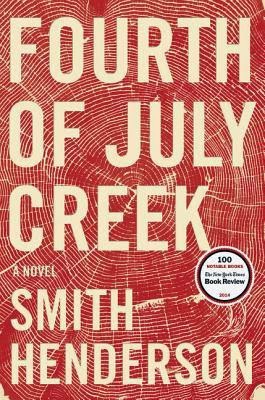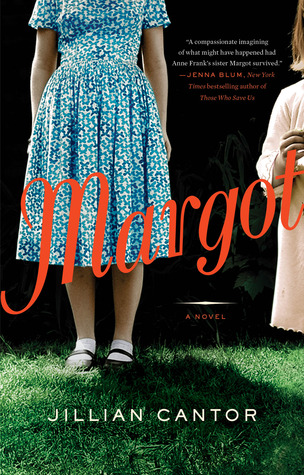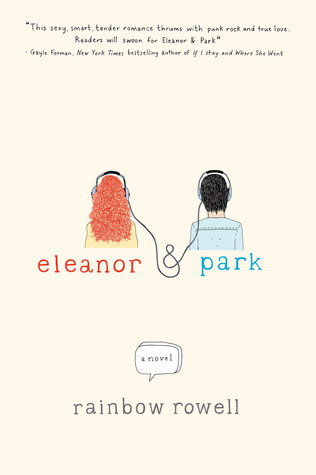This summer, on a cross-country road trip from California to
Vermont, we stopped in New York City to drop off our oldest daughter at a
ballet program. After our tentative and tearful goodbyes, we left her and went to Brooklyn
to stay with friends before the last leg of this very long trip. In the middle
of the night, I got a text from my twelve-year-old daughter in the other room.
She’d had a nightmare. (Long gone are the days of her navigating her way
through the dark and curling up with us in our bed.)
I figured she might be missing her sister, who would be gone
for the next five weeks. Or maybe she was simply disoriented in our friends’ son’s
room. Regardless, the texts were full of sad emojis and pleas for me to come to
her.
She’s twelve now. Not quite child, not quite teen. Twelve: that precipicial age for girls,
somewhere between playing dressing-up and worrying about dress codes. With an
older sister, she straddles the realms of childhood and adulthood, always
walking that precarious tightrope.
She’s just now coming into consciousness of the world beyond
her own imagination. She’s bright and beautiful, sensitive and strong. She’s
the only vegetarian in the family and an outspoken feminist. She is a fierce
and loyal friend, a lover of animals, and an artist. She will, one day, be an
incredible woman.
But that night, she was a child. Scared and sobbing.
“What’s the matter?” I asked, curling up with her on the
bottom bunk.
“I had a really bad dream.”
I nodded and yawned, snuggled in deeper, waiting for the nonsensical
musings about dream monsters. But she was silent.
“What was it?” I asked.
“At school, we’re learning about times in history, when
things were terrible. Like for a hundred years. Do you know about that?”
“Sure,” I said, thinking of the Dark Ages, the Holocaust,
the Plague, slavery.
“I feel like we’re in one of those times, Mom.”
My heart thunked in my chest.
“And I’m scared. There’s so much suffering. People are poor
and sick and hurting. And he doesn’t care.”
“Who?”
“Donald Trump.”
Damn it.
“What if he becomes our president, Mom?”
I am a writer. My words are my only strength. I use them to
argue, to persuade, to explain, to comfort. And so I spouted off something
about the limited power of the executive branch, explaining to her that those
things she feared couldn’t possibly happen. (“If he builds that wall, I’ll
never see my friends who live in Tijuana again,” she cried.) I found myself
treating Donald Trump like any other bogeyman. Something to be dismissed.
Something unreal. Something conjured by a child’s vivid and awful imagination.
But none of it was registering with her. Nothing could
persuade her. My words were rendered impotent by whatever portentous dream
she’d had.
“I need you to think of kindness,” I tried instead. “Of all
the goodness in the world. Of all the love. Because it’s bigger than he is.”
Together we talked about the good hearts we knew. And
finally, exhausted from the long drive and the emotional goodbye to her sister
and that horrible dream, she started to drift off to sleep again. But I
returned to bed, still trembling.
It is my job as a mother to keep my daughters safe. To
empower them. To teach them independence and self-reliance. It is my job to
slay the bogeymen with my words. But he is real. And I am also scared.
And so it is with these humble weapons I dedicate my
#notrumpvote to my daughters.

